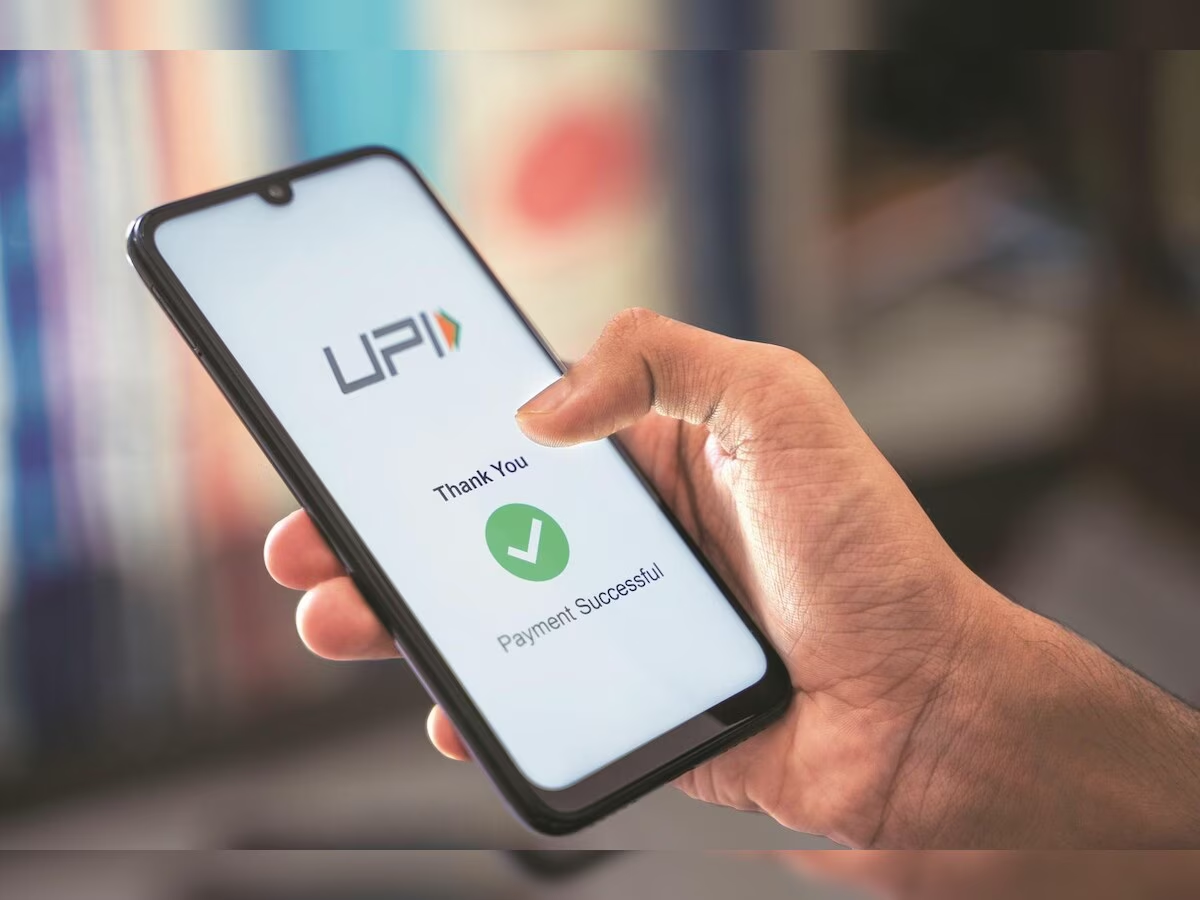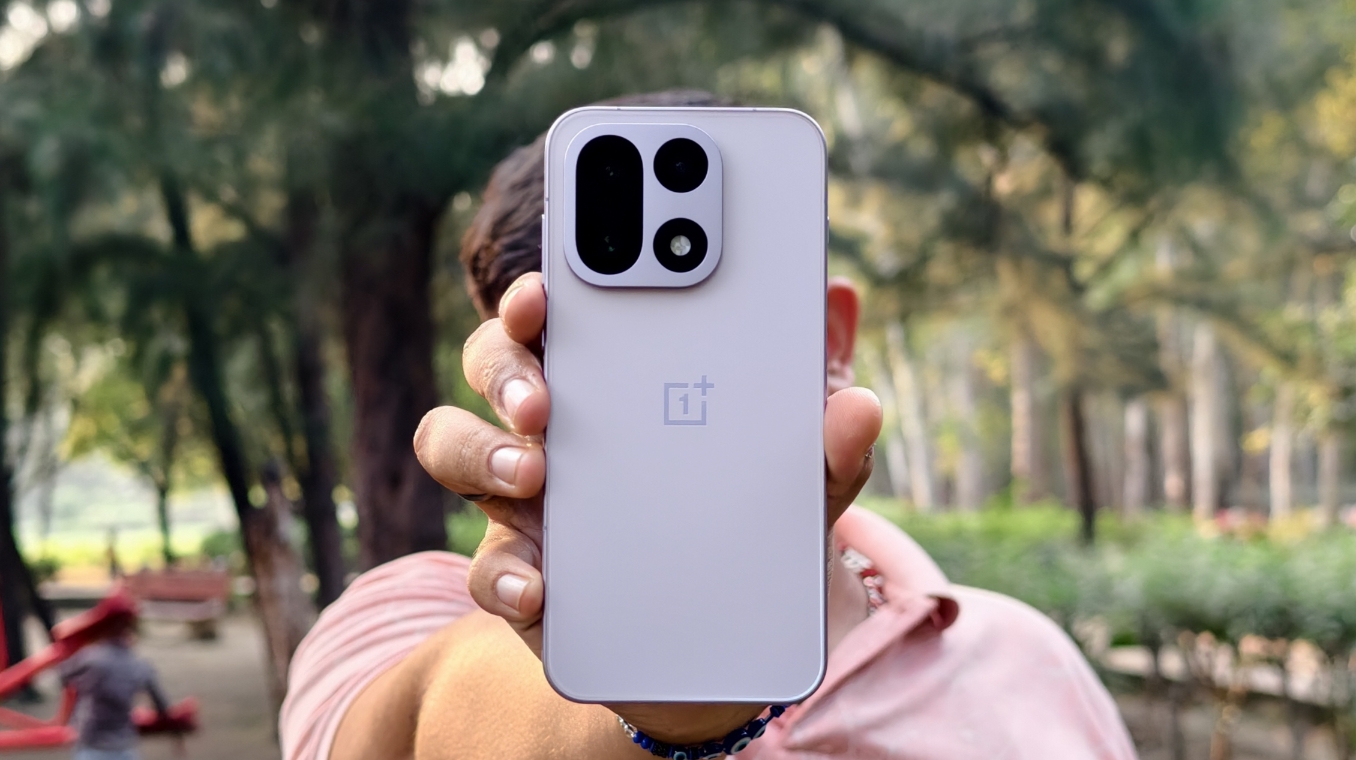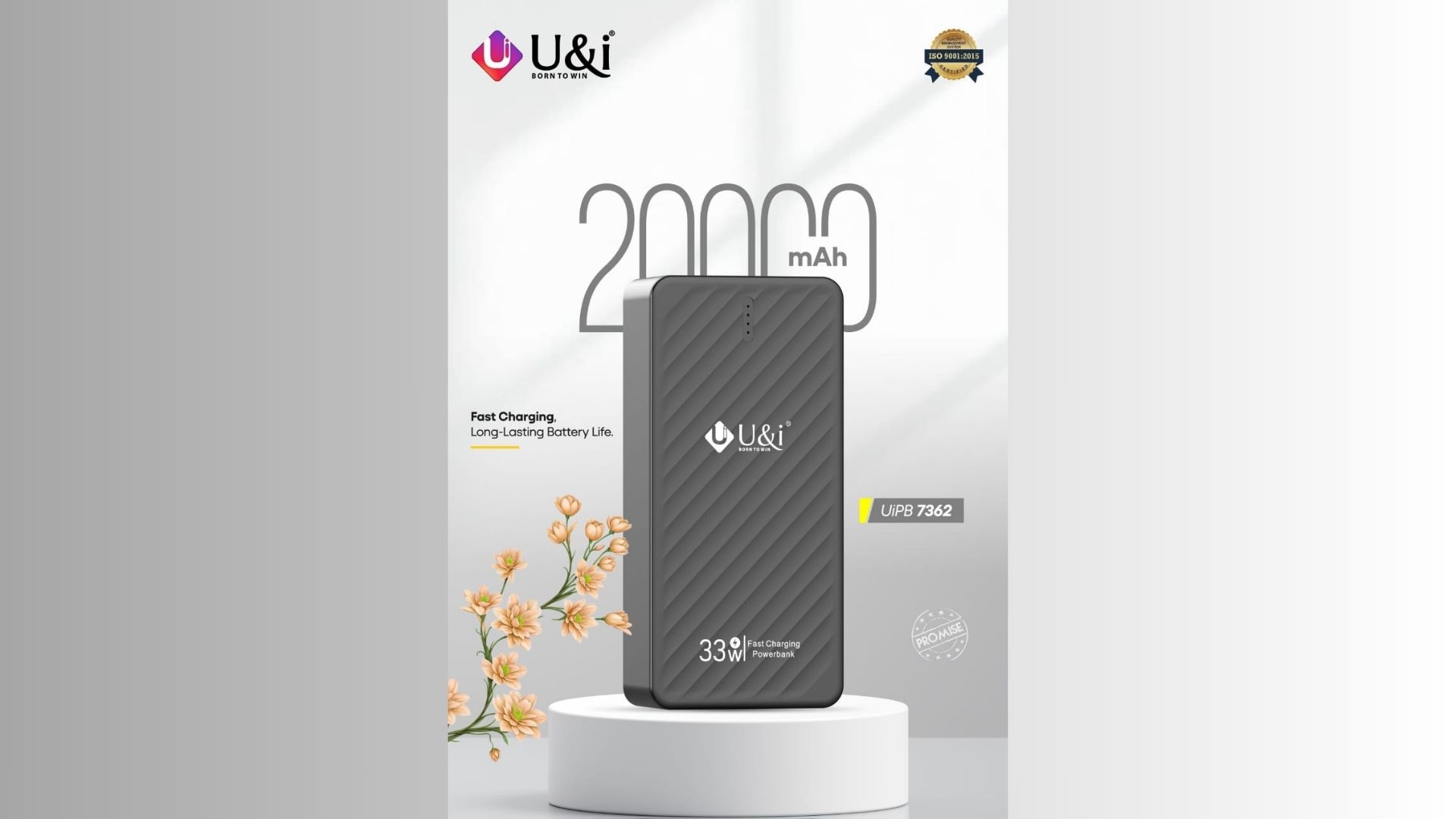Imagine needing to send money to a friend or family member quickly, but your phone is charging in another room. Or maybe you’re managing finances for a parent who isn’t comfortable with the latest payment apps. What if someone you trust could handle those UPI payments directly from their phone, on your behalf, without needing your personal bank details or PIN?
It sounds like a futuristic convenience, right? Well, sources indicate the Unified Payments Interface (UPI) is exploring just such a possibility with a new feature termed ‘delegate access to contacts’. This development aims to smooth out the edges of digital transactions, potentially making UPI even more accessible and user-friendly for millions across India.
What Does ‘Delegate Access’ Actually Mean?
At its core, ‘delegate access to contacts’ suggests a mechanism where a UPI user could authorize another trusted individual, perhaps a family member or a close friend listed in their contacts, to initiate payments from their linked bank account. Think of it like giving someone limited power of attorney specifically for UPI transactions.
The crucial distinction here is the word “delegate.” This isn’t about sharing your UPI PIN or bank account credentials, which is a major security risk and something you should absolutely never do. Instead, it appears to be a controlled permission system managed within the UPI framework itself. The authorized person would likely use their own device and UPI app but would have the ability to send money from your account to contacts you approve or perhaps even all contacts in your phone, depending on how the feature is finally implemented and the level of access you grant.
Early discussions and reports hint that this feature could be particularly useful for certain demographics. Consider the elderly who might find navigating payment apps challenging, or small business owners who want a trusted employee to handle certain transactions without giving them full access to business finances. For families, it could mean a spouse or child can help manage payments.
How Might This Work in Practice?
While official technical specifications are still emerging, the probable workflow could involve the account holder initiating the delegation process through their UPI app. They would select a trusted contact and specify the level of access – perhaps limiting transactions to certain contacts, setting daily or per-transaction limits, or even restricting the types of payments allowed (e.g., only person-to-person transfers, not merchant payments).
The authorized contact would then likely receive a notification or request within their own UPI app to accept the delegation. Once accepted, their app would show an option to initiate payments from the delegating user’s account, alongside their own linked accounts. When initiating a payment on behalf of the delegating user, the authorized person would likely still need to authenticate the transaction on their own device, but the payment would draw funds from the delegator’s account.
Security is paramount in any financial transaction system, and especially for a feature like this. The UPI framework, managed by the National Payments Corporation of India (NPCI), has built its reputation on robust security measures. Any delegation feature would need multiple layers of authentication and authorization. It’s expected that the primary account holder would retain full control and the ability to revoke the delegated access at any time. Transaction logs would clearly show which payments were initiated by the delegate.
Why is This Feature Being Considered?
UPI’s success stems from its simplicity and reach. It has fundamentally changed how millions of Indians handle money. However, there are still barriers for some potential users. This ‘delegate access’ option seems designed to break down some of those remaining hurdles.
Think about a busy professional who trusts their assistant to handle some bill payments. With this feature, they could delegate access for specific types of transactions, saving time and streamlining processes. Or consider a parent whose college-going child needs help managing their expenses from time to time. The parent could grant limited access, allowing the child to make payments from the parent’s account under defined limits.
This move could also encourage even wider adoption of UPI. By making it easier for caregivers, family members, or assistants to manage payments for others, it brings more people into the digital transaction fold, even if they aren’t directly initiating every payment themselves. It adds another layer of flexibility to an already adaptable system.
Potential Benefits and Considerations
The potential benefits are clear: increased convenience, greater accessibility for certain users, and potentially smoother financial management within families or small teams. It acknowledges that financial tasks are often shared responsibilities, not always handled by a single individual.
However, the concept also raises important questions and considerations. The primary concern revolves around security and trust. While the system would likely have safeguards, users must be absolutely certain they are delegating access only to individuals they trust implicitly. A breach of trust by a delegate could lead to unauthorized transactions.
Privacy is another angle. While the delegate might not see the delegating user’s full transaction history (depending on the implementation), they would be able to initiate payments to contacts from the delegating user’s phone book if that level of access is granted. Users will need clear information on what data is shared or accessible through the delegation.
NPCI and the banks implementing this feature will need to ensure the user interface for setting up and managing delegation is extremely clear and easy to understand. Users must fully grasp who they are giving access to, what permissions they are granting, and how to revoke access if needed. Education campaigns will be vital to inform the public about how to use this feature safely and responsibly.
The ‘delegate access to contacts’ feature, if fully rolled out, represents an evolution in the UPI story. It moves beyond individual transactions to consider how people manage finances collectively or on behalf of others. It’s a pragmatic response to real-world needs and challenges faced by different user groups.
This isn’t just a technical tweak; it’s a potential shift in how we perceive and use digital payments within our trusted networks. It acknowledges the human element in financial interactions and seeks to build a digital bridge for shared responsibilities.
The success of this feature will depend heavily on its implementation, the clarity of the user controls, and the ongoing efforts to educate users about security best practices. As UPI continues to mature, features like ‘delegate access’ show the system’s potential to adapt and serve an even broader range of needs, further cementing its place as a cornerstone of India’s digital economy. Keeping an eye on official announcements from NPCI and banks will provide the clearest picture of this feature’s rollout and final form.



















